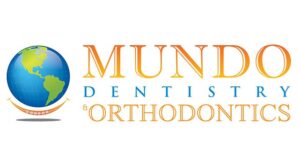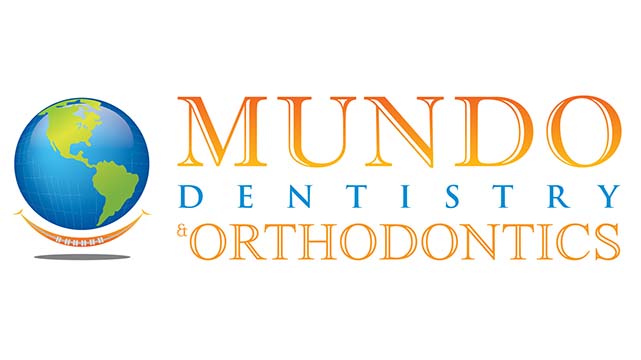Dental implants are a marvel of modern dentistry, offering a durable and aesthetically pleasing solution to tooth loss. However, have you ever wondered what these incredible replacements are made of?
In this comprehensive guide, we’ll delve into the materials that constitute dental implants and explore the different types, their associated costs, and the step-by-step process of getting one.
What Are Dental Implants Made Of?
Dental implants are typically made of three key components:
Implant fixture
This is the foundation of the implant and is surgically placed into the jawbone. It’s usually crafted from titanium, a biocompatible material that fuses with the bone, providing a sturdy anchor for the replacement tooth.
Abutment
The abutment connects the implant fixture to the artificial tooth. It’s often crafted from titanium, gold, or zirconia, as these materials are not only strong but also compatible with human tissues.
Prosthetic tooth
The visible part of the dental implant, the prosthetic tooth, is typically made of high-quality ceramic or porcelain. These materials mimic the appearance and function of natural teeth and can be customized to match your existing teeth perfectly.
The Three Types of Dental Implants
Each type of dental implant is designed to address specific patient needs and anatomical variations, offering unique solutions for those seeking complete smile restoration.
Endosteal
These are the most common types of dental implants, consisting of a titanium post surgically inserted into the jawbone. They are suitable for most patients and offer a strong foundation for single or multiple tooth replacements.
Subperiosteal
Subperiosteal implants sit on top of the jawbone but beneath the gum tissue. These are recommended for patients with a shallow jawbone or those who prefer to avoid invasive surgery.
Zygomatic
Zygomatic implants are used when the patient’s upper jawbone is insufficient to support traditional implants. Instead, they anchor into the cheekbone, providing a stable solution for upper arch restorations.
Cost of Different Types of Dental Implants
The cost of dental implants can vary depending on several factors, including the type of implant, the number of teeth being replaced, and your location.
On average, a single dental implant may cost anywhere from $3,000 to $4,500. Subperiosteal and zygomatic implants may be more expensive due to their unique placement.
Dental Implant Process Step by Step
Understanding the process step by step is crucial as it helps ease any concerns you may have. In this section, we’ll guide you through the dental implant process, breaking it down into clear, easy-to-follow steps.
- Initial Consultation: Your dental journey begins with an initial consultation, where your dentist will evaluate your oral health and discuss treatment options.
- Implant Placement: During this surgical procedure, the implant fixture is placed into the jawbone. Healing time may vary, but it’s essential to allow the implant to fuse with the bone.
- Abutment Placement: After the implant has integrated with the bone, an abutment is attached, connecting the implant to the prosthetic tooth.
- Prosthetic Tooth Placement: The final step involves attaching the prosthetic tooth to the abutment. Your dentist will ensure that it matches your natural teeth in color, shape, and functionality.
Dental implants offer a lifelike and lasting solution for missing teeth, restoring not only your smile but also your confidence. If you’re considering dental implants, don’t hesitate to reach out to us at Mundo Dentistry our professional cosmetic dentist can provide you with personalized guidance and support throughout the process.
Your dream smile is just a click away,
Reserve your consultation today!




